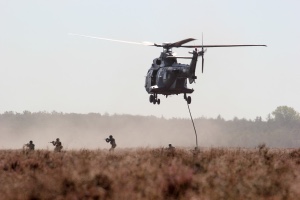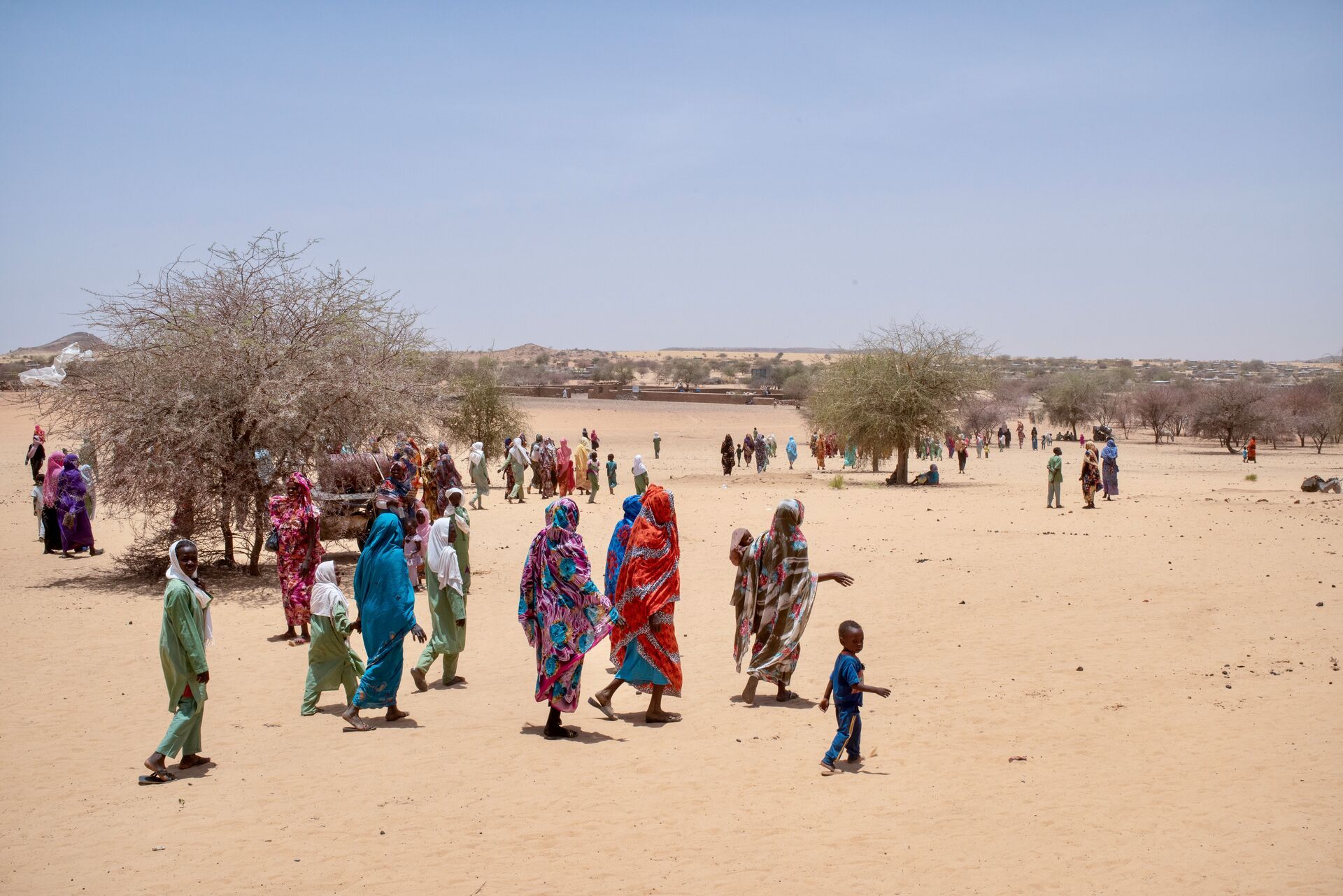
Afghan Crisis – Part IV
 By Venkatesh Raghavan
By Venkatesh Raghavan
Russia and China, one-time hostile neighbours squabbling over the right Communist model to be followed, are in recent years sharing a bonhomie described as “unbreakable friendship” by leaders of both countries. In the current situation in Afghanistan with the departure of American troops, and Taliban giving sound bytes about turning moderate, with an eye on international funding that is crucial to run the country, attitudes of the two Asian giants towards the fast developing humanitarian crisis is of mounting global attention.
China is known to have expressed its desire to work along with the Taliban to rebuild and revive its trade and commerce interests in Afghanistan. It also sent feelers stating that the Chinese embassy in Kabul continues to remain open. In addition, the rapid fall of the government forces in Kabul, has prompted both Russia and China to make a joint announcement that they have forged further ties in order to protect their interests and presence in the trouble-torn Afghan state. The two Asian giants’ edging for closer ties has remained a concern both for Washington during the Trump era as well as the Biden administration that spoke against the Asian alliance during the recent G7 summit.
Also read: Making of a human crisis: The refugees from Afghanistan
The presence of a common enemy has perceptibly driven these two neighbours into each others’ arms despite the situation faced by unfavourable balance of trade and increasing Chinese investments in Russia’s Siberian stretch being resented by locals. Russia on its part, eying at neutralizing the sanctions imposed on it owing to annexation of Crimea also shares common interests towards cooperation with China on the energy sector.
US President Joe Biden, ever since assuming office in January, has dwelt repeatedly on the threat posed by both Russia and China towards maintaining international peace. The official Chinese statement towards their stand on Afghanistan, spelling out, “We shall respect the verdict of the people of Afghanistan”, is quite ambiguous.
It ostensibly would be too early to take anything at face value including the Taliban attempting to paint its willingness for adopting a moderate stand. Many among the local Afghan community including a large section of women expressed “distrust” and “apprehensions” on the new public face it was trying to portray. The West is now seemingly concerned about the economic support that Afghanistan musters from China and Russia that indeed signals a shift in the geopolitical power equation and engender an Asian bloc of nations that wrest control from global Western domination. The finances apart, both countries are known to have thrown their lot together against the Western powers in the United Nations Security Council meetings. In the UNSC meetings, the West had expressed serious concern about human rights violations of the two Asian neighbours.
President Biden, having vowed to preserve the American image as an authority on the global stage, is currently busy with engaging both Russia and China in foreign ministry level talks to ascertain their preparedness for global cooperation on the Afghan front. It’s of major concern to the Western powers that any international consensus stand against a Taliban-ruled Afghanistan would also entail adequate support from the two Asian bloc neighbours.





